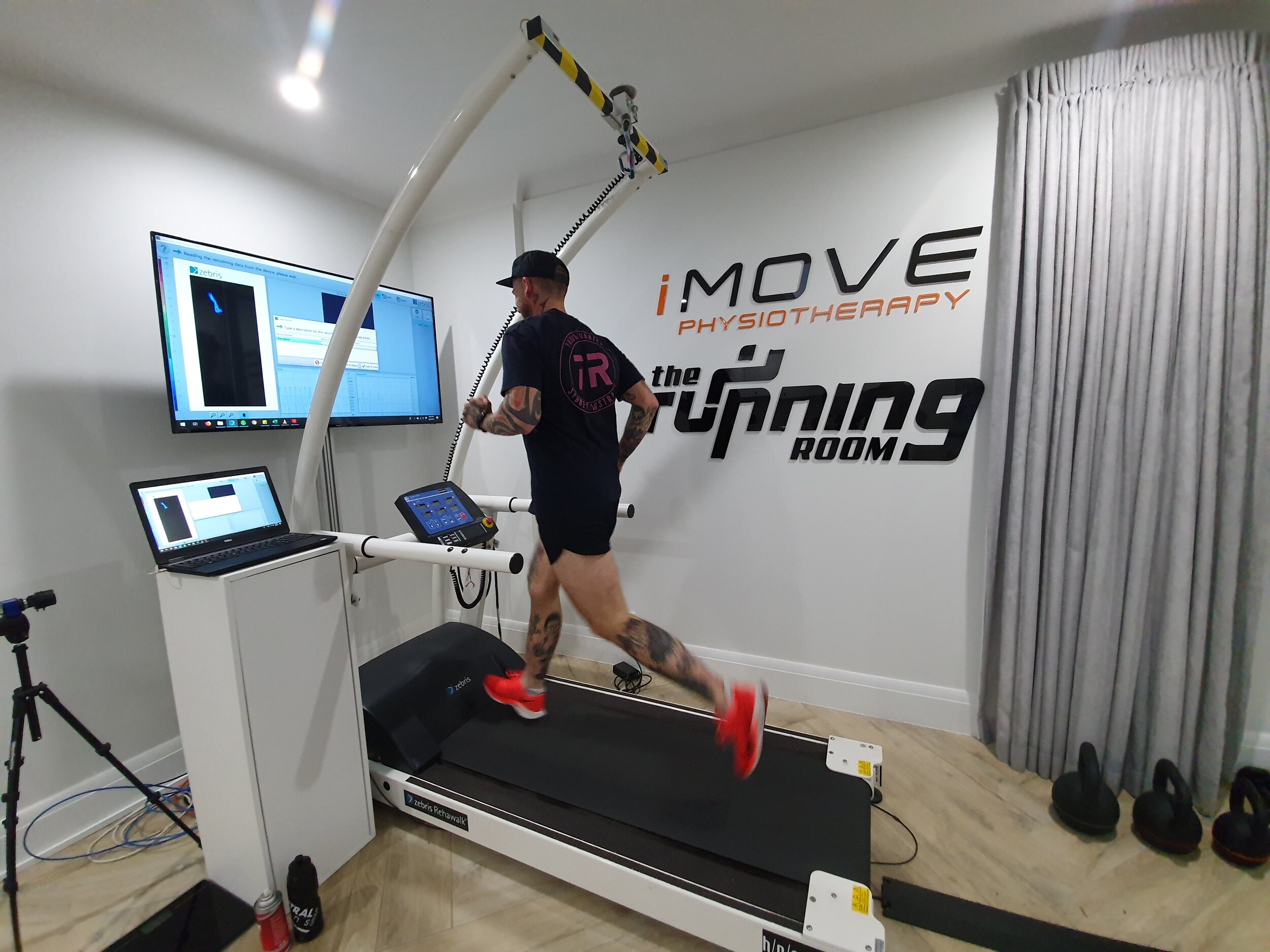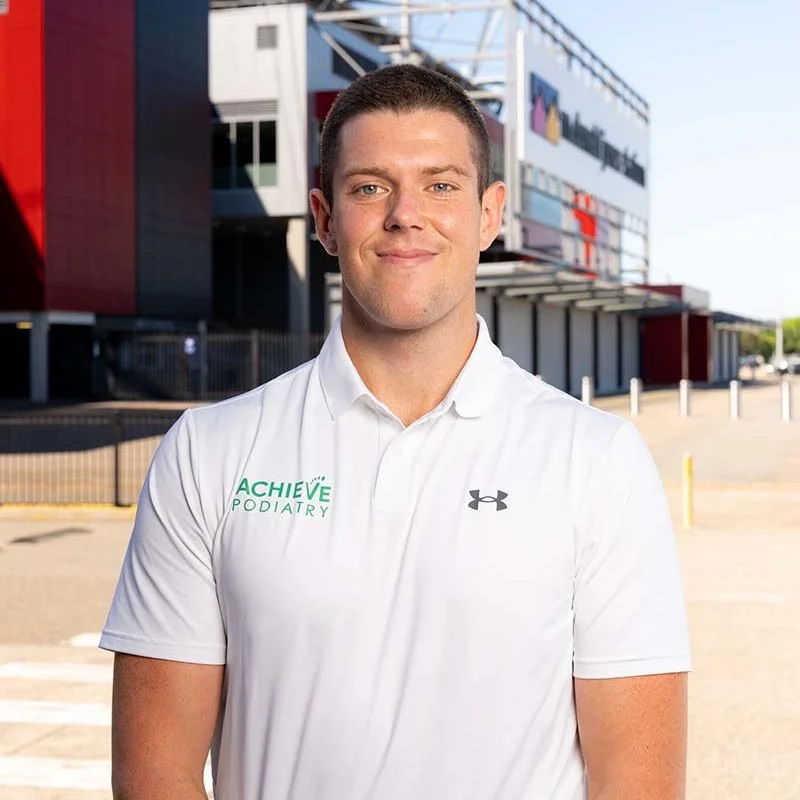
One Day Course.
Mastering The Management of Runners:
Elevate Your Running Practice!
There isn’t a course like this available anywhere!
Join us in Sydney, Australia, for an exclusive one-day evidence based event designed for health professionals eager to delve into the world of managing running injuries. Presented by a team of expert clinicians and educators, this course offers a unique opportunity to enhance your skills, gain valuable insights, and collaborate with like-minded professionals.
Experience a comprehensive running course led by experts who live and breathe Running Physiotherapy and Podiatry. Elevate your practice, enhance your skills, and unlock new opportunities in the world of running injury management. Don't miss your chance to be part of this transformative event.
Course Details:
Date: June 16th, 2024
Duration: 1 day (8:00 AM to 5:30 PM)
Venue: MTP Health - St Leonards.
North Shore Health Hub, Level 4A, Suite 401-403/7 Westbourne St, St Leonards NSW 2065,Capacity: Exclusively capped at 50 participants
NOTE: Exact details on location and timings will be sent to all participants prior to the course.
Expert Speakers and Sessions:
GET YOUR TICKET BELOW
The Running Room - One Day Course - Early Bird Offer
A$399.00 SOLD OUT
The course aims to bring together passionate physiotherapists and podiatrists from the running room and sports medicine project to share valuable insights and clinical skills in treating the runners of all abilities.
This one day course seeks to leverage the collective expertise of the group to provide a comprehensive learning experience focused on running related injuries, running assessment, shoe prescription, as well as strength and conditioning for runners.
LEARNING OUTCOMES
-
Take a thorough running subjective history, understanding which questions to ask and why they're crucial for effective assessment.
Explore the intricacies of running load management and how to interview runners to gather valuable insights into their training habits.
Gain a comprehensive understanding of the ecosystem of the runner, including the interplay between biomechanics, training load, and recovery.
-
Learn about persistent pain and how to deal with the psychological aspect of running injuries.
Understanding running biomechanics and how it relates to the person in front of you. Understand topics like:
When to change them.
How to assess.
How does someone's movement change loading.
Long-term biomechanics change.
What does the research say on making change safely?
How to recommend footwear, what features help runners, how to assess footwear, and what shoe is best for which condition.
Learn how to use offloading tools like orthoses, heel lifts, and gel sleeves to better manage injuries, both inside and outside of running and during running.
Gain insights into foot orthoses, including off-the-shelf devices, and their role in injury management and prevention.
What you will take home:
Footwear Referral Pads
Footwear Framework - Understand how different parts of shoes influence tissue loading.
Running Gait Analysis Framework. Able to be used as a guide.
Specific Footwear Guide detailing what shoes tend to help with specific pathologies.
Pain Science resources for you and patients
-
Understand the pathophysiology of Bone Stress Injuries.
Recognise common presentations of early and late bone stress injuries.
Identify high risk bone stress injuries and manage risk appropriately.
Effectively diagnose and differentiate common bone stress injuries from other conditions.
Execute early through to end stage management of bone stress injuries, including immobilisation, return to run and return to performance using a criterion based progression scheme.
Explore effective strength training strategies for BSI prevention and rehabilitation, including exercise selection, loading principles, and progression protocols.
What you will take home:
High risk Stress fracture Cheat sheet, awareness and immediate referral are key!
Subjective assessment guide for relative energy deficiency in sport, and appropriate questionnaires.
Assessment framework and template for Metatarsal and Tibial Bone Stress
Imaging algorithm for bone stress injuries.
Return to run criteria.
Return to run program framework.
Tibial and Metatarsal Bone Stress Rehab program framework.
-
Develop proficiency in conducting a comprehensive gait assessment.
Identify key biomechanical factors, Specifically:
Kinetic assessment
Kinematic assessment
Understand the implications of biomechanics on:
Management of specific injuries
The risk of developing a specific Injury
Running Economy and ultimately performance
-
Master the art of designing personalised running programs tailored to individual needs, with a focus on optimising performance and minimising injury risk.
Explore effective strength training techniques for runners, including resistance exercises, plyometrics, and neuromuscular training, with insights into proper progression and integration into training plans.
mEET THE PRESENTERS
Patrick McNamara
-
He has treated runners almost exclusively for 7 years now, has had a podcast “That’s Running” and fitted and sold running shoes for 3 years.
As a big runner himself, Pat finds a true depth of joy in the process and journey of continual improvement as a runner. He competes in marathons, Ironman triathlons and ultramarathons. Pat is deeply involved in the Sydney running community, and believes running has tremendous power to improve one’s physical, mental, social and spiritual health.
Pat’s expertise lays in his deep understanding of the runner as a whole. This allows Pat to really figure out what is driving a runner, and what is driving a runner to become injured. Pat believes early diagnosis is key, and a deep and thoughtful subjective examination is critical. Pat specialises in the diagnosis and management of tendon and bone stress injuries in runners.
Blake Withers
-
Blake is a multifaceted healthcare professional with diverse roles and expertise.
As a Sports Podiatrist based in Australia, he operates within a specialized Sports Medicine Clinic, collaborating closely with Sports Doctors and Sport Physicians to provide comprehensive care for runners, elite athletes, and individuals with musculoskeletal conditions. Alongside his clinical practice, Blake is also a successful business owner.
Blake serves as a university lecturer in Biomechanics and holds a position as a clinical educator at the University of Newcastle. He splits teaching between orthosis, footwear, sports podiatry, and other lower limb MSK teaching. He achieved top honors in his postgraduate masters program, with notable research contributions and a published paper in the Journal of Sport Science.
Blake is a sought-after presenter, delivering courses internationally in the UK and Singapore on pediatrics and footwear. He has also contributed to various professional organizations, including Sports Medicine Australia's Emerging Leaders Program, where he has presented on running injuries.
Additionally, Blake has shared his expertise with the sports and exercise community through presentations on bone stress injuries and tendons for Sports and Exercise Australia and the National Australian Podiatry Association.
In the realm of podcasting, Blake co-hosts "The Sports Medicine Project," which boasts over 50,000 downloads and features discussions with leading experts in sports medicine. This podcast aims to educate and inspire young health professionals by exploring topics related to sports medicine and pain management.
Through his social media platforms, Blake is dedicated to translating research into clinical practice, providing valuable insights and updates for fellow healthcare professionals.
Blake also conducts shoe testing and offers valuable feedback, assisting athletes, product designers, and fitness enthusiasts in selecting the most suitable footwear for their activities.
He dedicates time to rigorous training regimens, striving for the Berlin Marathon. Blake believes that actively engaging in running himself is essential for understanding runners' needs and challenges.
In addition to his practical involvement in fitness and sports, Blake is an avid writer, sharing his insights and experiences in the world of health and wellness through various channels. Through his written work, he aims to educate and inspire others to lead healthier lifestyles.
Beau Walker Tyrrell
-
few do it as religiously or effectively as The Running Room’s head of professional development, Beau.
Beau has a range of experience working in private practice, amateur and semi professional sport that helps him bring a unique perspective to his role at The Running Room. The Running Room brings high performance athlete management to recreational and sub elite runners, and Beau has lead the revolution on how we approach assessing, rehabbing and coaching runners.
Runners experience a unique range of injuries, the most dangerous being stress fractures. Beau has extensive experience managing these injuries at the clinic, treating more stress fracture patients than almost any physiotherapist worldwide, and also offers expert consulting for physios with stress fracture patients in The Running Room, and clinics across Australia and Worldwide. Beyond this, Beau has personally experienced a rare high risk stress fracture in his shin and understands the difficulties runners face when navigating these potentially devastating injuries.
If you are interested in the most up to date approach to stress fractures, come along to Beau Walker Tyrrell’s presentation on Stress Fractures in Runners.
Alex Bell
-
for the better part of 10 years. His ultimate goal was to provide a level of physiotherapy and service to runners that had not previously existed. Alex has now grown clinics across Sydney and London with multiple locations in both cities.
Alex has always being passionate about implementing technology into clinical practice and the implementation of the Zebris treadmill, instrumented with a pressure plate has been a mainstay of running assessment at The Running Room. Alex now works with many manufacturers globally to bring technology into clinical practice and research facilities, all with the ultimate goal of improving clinical outcomes and the standard of care within physiotherapy and podiatry.
More recently, Alex has used running as a vehicle to create positive change, co-founding [mo]re than a run, a charity initiative that has connected thousands of runners and has raised over $1.9 million for Movember and Mental health.
Adrian D’Costa
-
Adrian is a seasoned professional who brings a wealth of experience and expertise to the table. With a background as a physiotherapist at iMove Physiotherapy in Sydney and now based in London, Adrian has honed his skills over many years. He continues to evolve professionally through his work with R&D Physio, where he contributes significantly to the team's culture and brand development.
Adrian's journey is marked by notable achievements, including serving as the London Marathon physiotherapist in 2022, showcasing his commitment to excellence in sports medicine and rehabilitation. He is a frequent participant in teaching seminars, both online and at sports medicine speaking engagements, where he shares his insights and knowledge with fellow professionals and enthusiasts alike.
Specialising in running-related injuries, hip/groin pain, knee issues (with a focus on ACL rehab), and tendon-related conditions, Adrian's diverse athletic background, encompassing sports like football, rugby, cricket, and basketball, fuels his passion for optimising movement and maximising physical potential. His dedication extends beyond clinical practice, as evidenced by his role as a mentor to a large Physiotherapy audience of 20K+ on social media (@thefreshmanphysio), where he inspires and guides aspiring clinicians in their professional growth journey.






